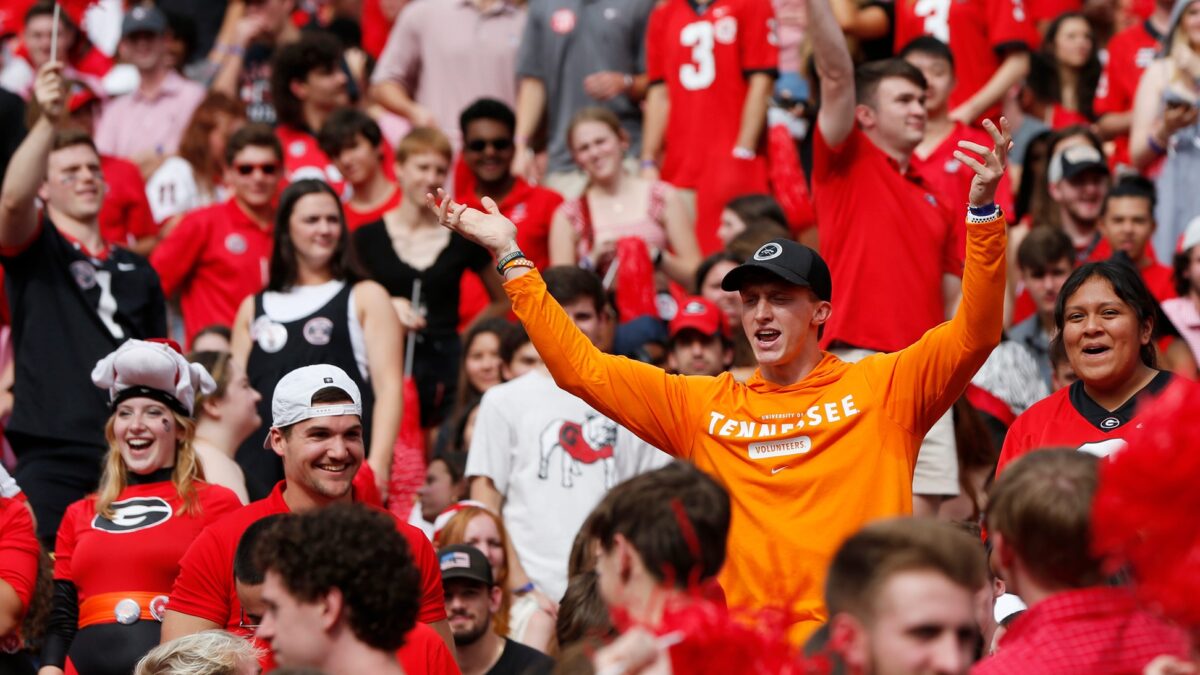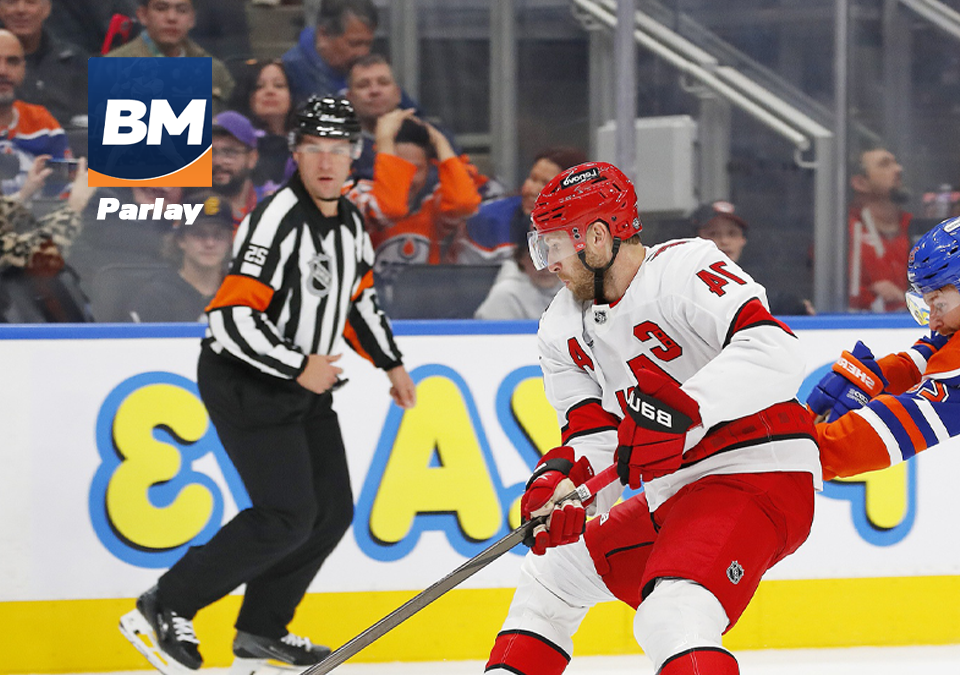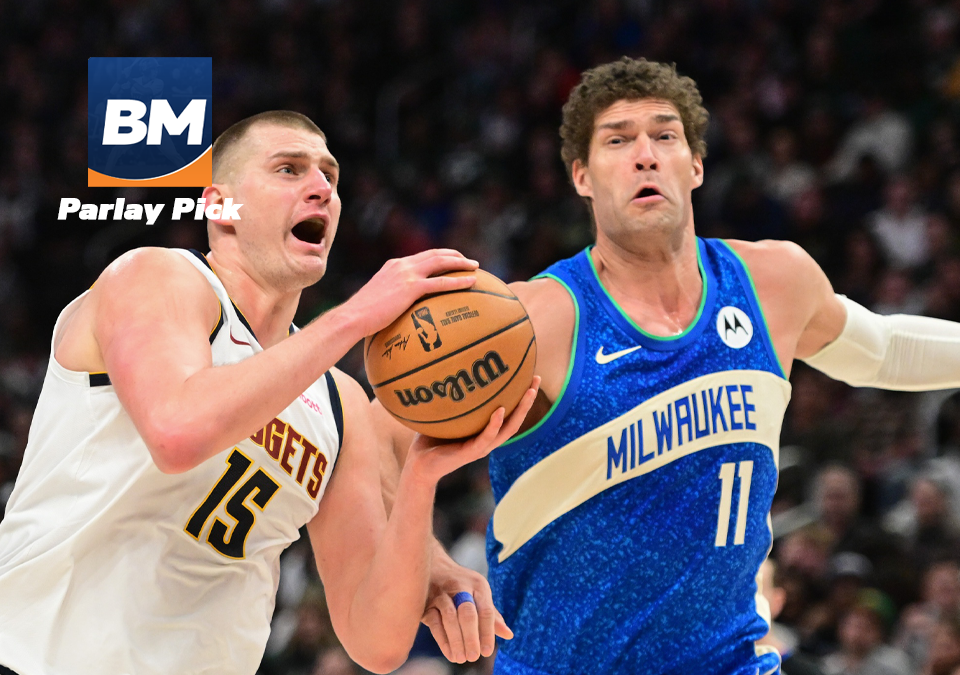
DeAndre Hopkins Odds
May 30, 2023
The Memorial Matchup Picks
May 31, 2023According to a survey released by the NCAA and performed by Opinion Diagnostics, a majority of college-aged adults have bet on sports. A total of 3,527 respondents aged 18 to 22 completed the study, which was conducted from April 18th to April 25th. A total of 1,702 of those who took the poll are students at American colleges. According to the report, 58 percent of participants have bet on sports, and 67 percent of students who live on campus made bets. College students frequently bet on the teams from their own school (41%) and almost a third of them have used a student bookmaker.
The poll discovered that state legality and age limitations had no impact on gambling. Of the respondents, 71% were either too young to legally bet or resided in a region where sports betting was not permitted, yet of those in that grouping, 56% participated in sports betting activities. The NCAA survey was completed before the University of Alabama gambling incident, as well as breaches involving wagering at the Universities of Iowa and Iowa State.
NCAA President, Charlie Baker, said in a statement that “we needed a fresh baseline so we can better understand what student-athletes are experiencing on their campuses and among their peers so we can best help them deal with the potentially disruptive dynamic of legal sports betting. The NCAA and everyone from coaches to athletics department personnel to college presidents must better grasp what influence sports betting may have on student-athletes. Sports betting has raised interest in sports of all types, including college sports, which is excellent for our fans.
Although a majority of college-aged students be on sports, according to survey results, those gamblers rarely place bets, with roughly 58 percent of them doing so only occasionally or once a year. Only 4% and 10%, respectively, of the bettors in the poll made bets every day and every week. The majority of the bets were small in amount, with 79 percent falling between $1 and $50. Just over 70% of gamblers reported a daily loss of at least $1 to $100.
Data collecting also attempted to identify problematic betting practices. They included wagers with an usual unit size of $50 or more, several wagers per week or day, or losses of more than $500 in a single wagering session. According to the poll, 16% of these young adults, aged 18 to 22, checked one of the three boxes. This group of bettors was influenced by advertising, with 80% of the higher-risk gamblers claiming that sports betting marketing materials increase their propensity to wager.
Among those who said they had gambled on sports, live betting was very popular, with 61 percent of respondents reporting having done so. The most prevalent type of wager among respondents was live betting, followed by moneylines (44%) over/under (40%) parlays (38%) and point spreads (36%).
More than 75% of respondents stated they would be more likely to watch a sporting event if they could bet on it. The study doesn’t expressly mention student-athletes, but it does include potentially important data about gambling among Americans of college age. The NCAA intends to survey student-athletes on their gambling preferences, but the data collecting won’t be complete until 2024.
The NCAA is hoping that the study released on Wednesday will shed some beneficial insight on college students’ gambling habits and the environment that surrounds student-athletes.




